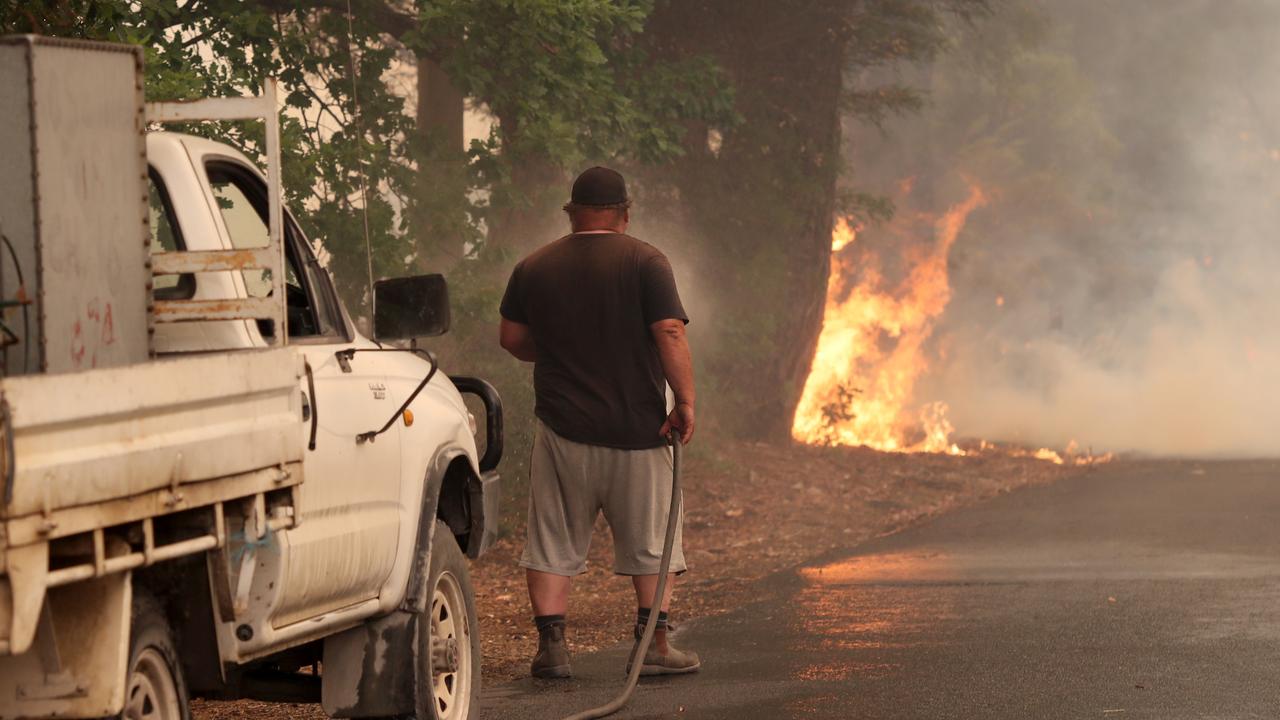What we know about the mutant strain of COVID-19
The coronavirus variant plaguing England has appeared in SA quarantine. Here’s what the experts know about it so far.
Coronavirus
Don't miss out on the headlines from Coronavirus. Followed categories will be added to My News.
Health officials say there is no evidence to suggest the English-variant of coronavirus that has been detected in SA is more severe.
The mutant coronavirus variant known as B117 was first identified in Kent, in England, on September 20.
It has 14 mutations and is believed to be up to 70 per cent more infectious than earlier strains.
The mutations include to the spike protein the virus uses to bind to human cells, which appears to help it attach more easily.
However, SA Health says: “There is no evidence that this variant of the virus causes more severe disease.”
The strain has spread rapidly in South East England and appears to be becoming the dominant strain in the region.

It also has spread overseas, causing some countries to stop flights from the United Kingdom.
It has been recorded in the Netherlands, Denmark, Sweden, Switzerland, France, Germany, Italy, Spain, Singapore, Japan and Canada.
Mutations are a natural part of virus development and other minor mutations have been found in the COVID-19 virus.
The World Health Organisation says there is no evidence that the new coronavirus strain would make the current vaccines less effective.
The first cases in Australia were detected on December 21 in two travellers from the UK to Sydney.
Both were in hotel quarantine and are not linked to Sydney’s northern beaches cluster.
Two cases have also been detected in Victoria.
Other variants have reportedly emerged in South Africa and Nigeria.
The Australian Health Protection Principal Committee says the requirement for all international travellers to quarantine for 14 days on arrival “significantly decreases the risk of this virus variant entering the Australian community.”
Scientists at SA Pathology do genomic testing of infected people in South Australia as part of the effort to contain the virus.




